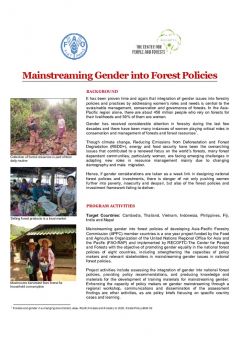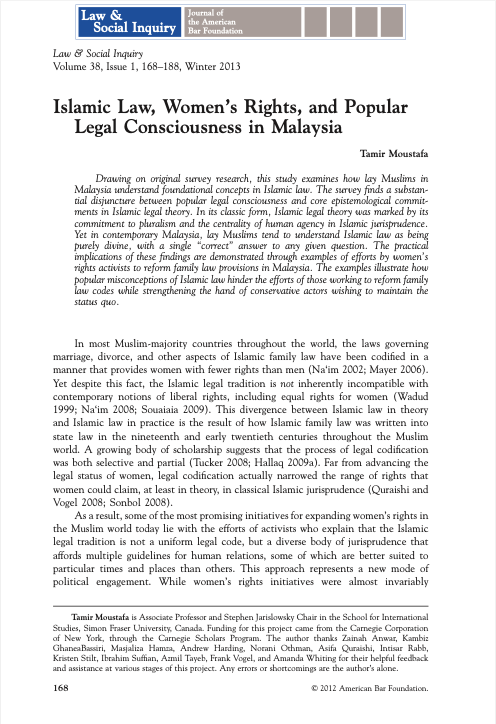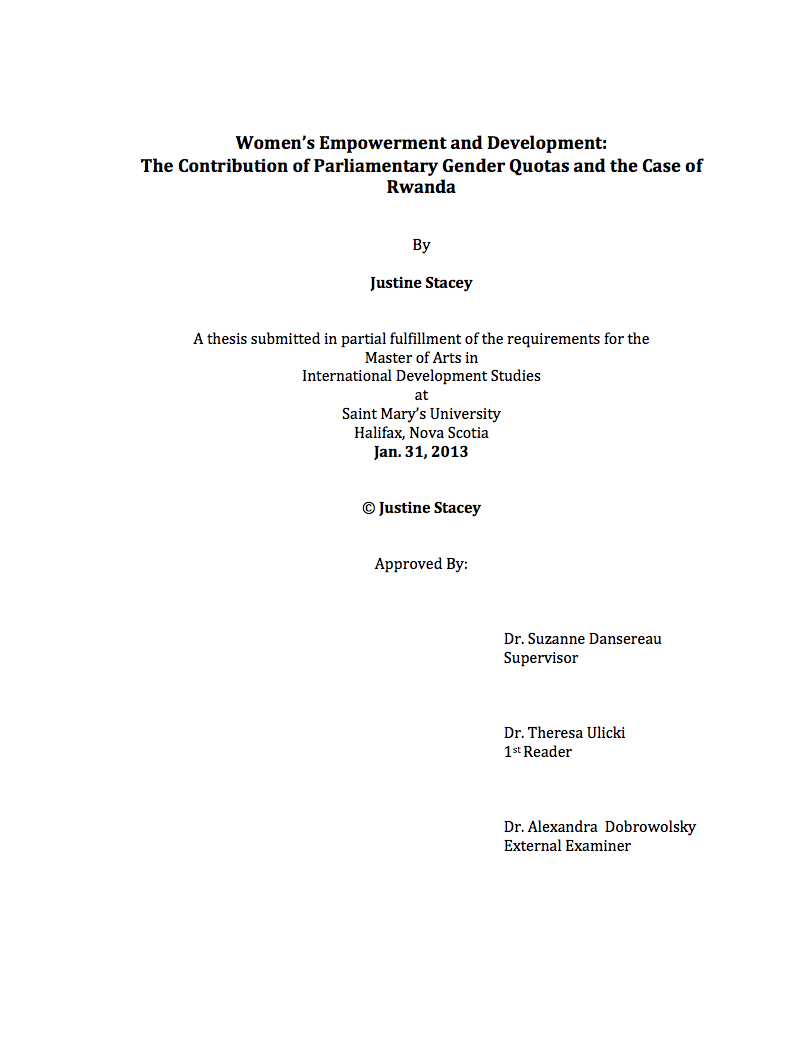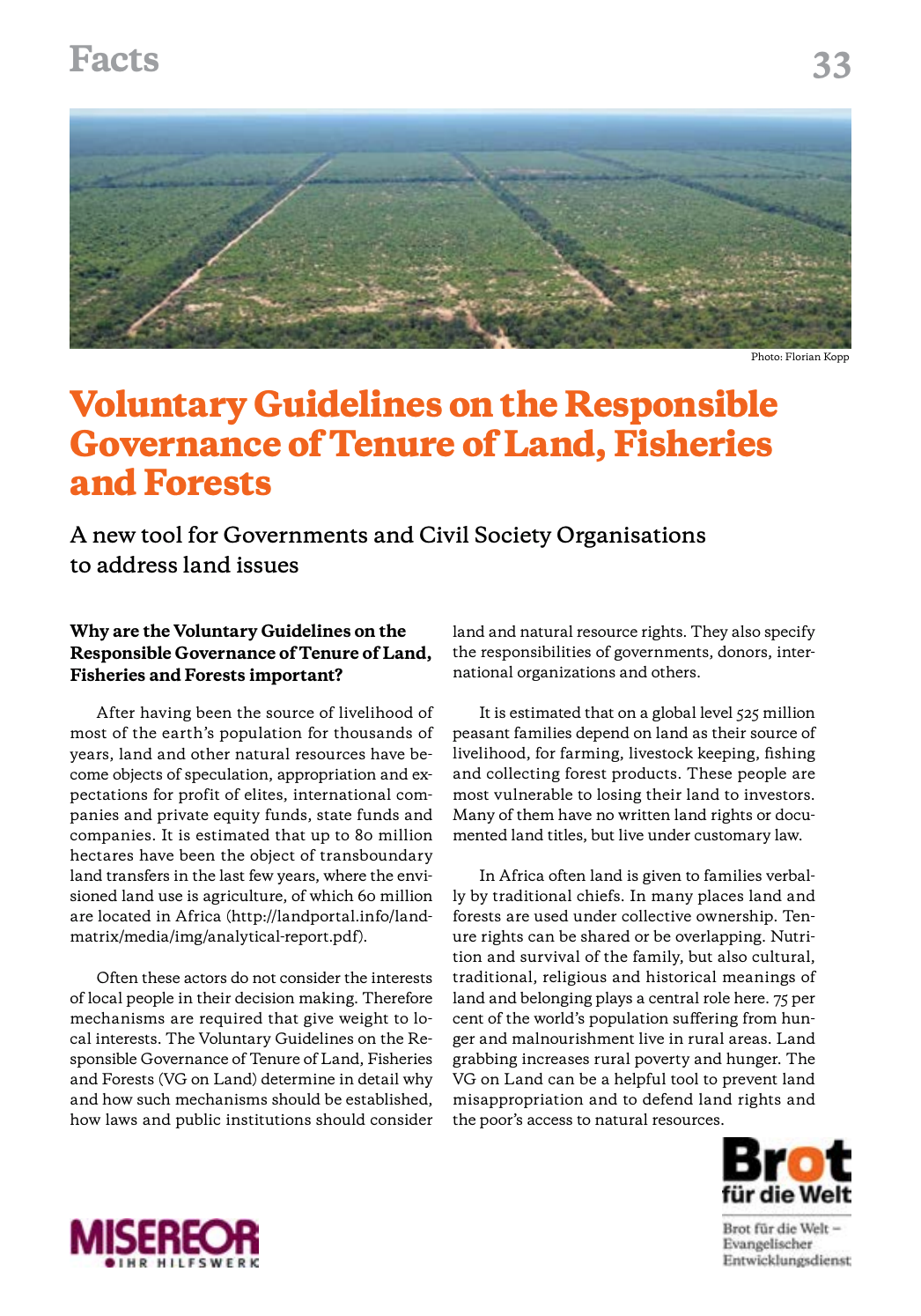Mainstreaming Gender into Forest Policies
It has been proven time and again that integrating gender issues into forestry policies and practices by addressing women’s roles and needs is central to the sustainable management, conservation and governance of forests. In the Asia-Pacific region alone, there are about 450 million people who rely on forests for their livelihoods and 50% of them are women.










